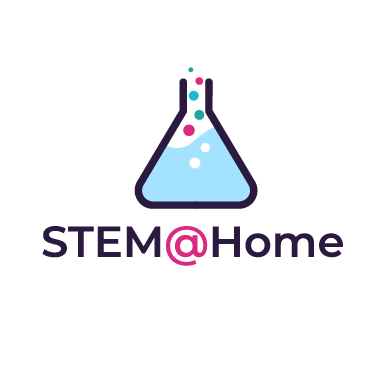What is the goal of science practicals?
Many parents may not realize it, but science practicals play a crucial role in a child's development. By doing science practicals, children are able to develop important skills such as hypothesis testing, variable manipulation, and measurement. These skills are essential for children in order to be able to draw valid conclusions. Furthermore, science practicals allow children to develop a deeper understanding of scientific concepts.
As mentioned before, science practicals allow children to develop important skills such as hypothesis testing, variable manipulation, and measurement. Hypothesis testing is the process of developing a hypothesis, or an educated guess, about how something works. After formulating a hypothesis, the next step is to test it out through experimentation. This is where variable manipulation and measurement come into play.
Variable manipulation is the act of changing one or more variables in order to see how it affects the outcome of the experiment. For example, in a plant-growth experiment, the variable that is being manipulated could be the amount of water that the plant receives. The goal is to see how different amounts of water affect the plant's growth. These variable measurements are built into our STEM@Home boxes and encourages children to manipulate variables based on their own inquisitive nature and measure the results. Variable measurement is the process of measuring one or more variables in order to see how it affects the outcome of the experiment. In the plant-growth example, the variable that is being measured could be the plant's height.
In conclusion, science practicals are important for children because they allow them to develop essential skills such as hypothesis testing, variable manipulation, and measurement. Furthermore, science practicals allow children to deepen their understanding of scientific concepts. Parents should encourage their children to participate in science practicals in order to give them a head start in their future studies.



